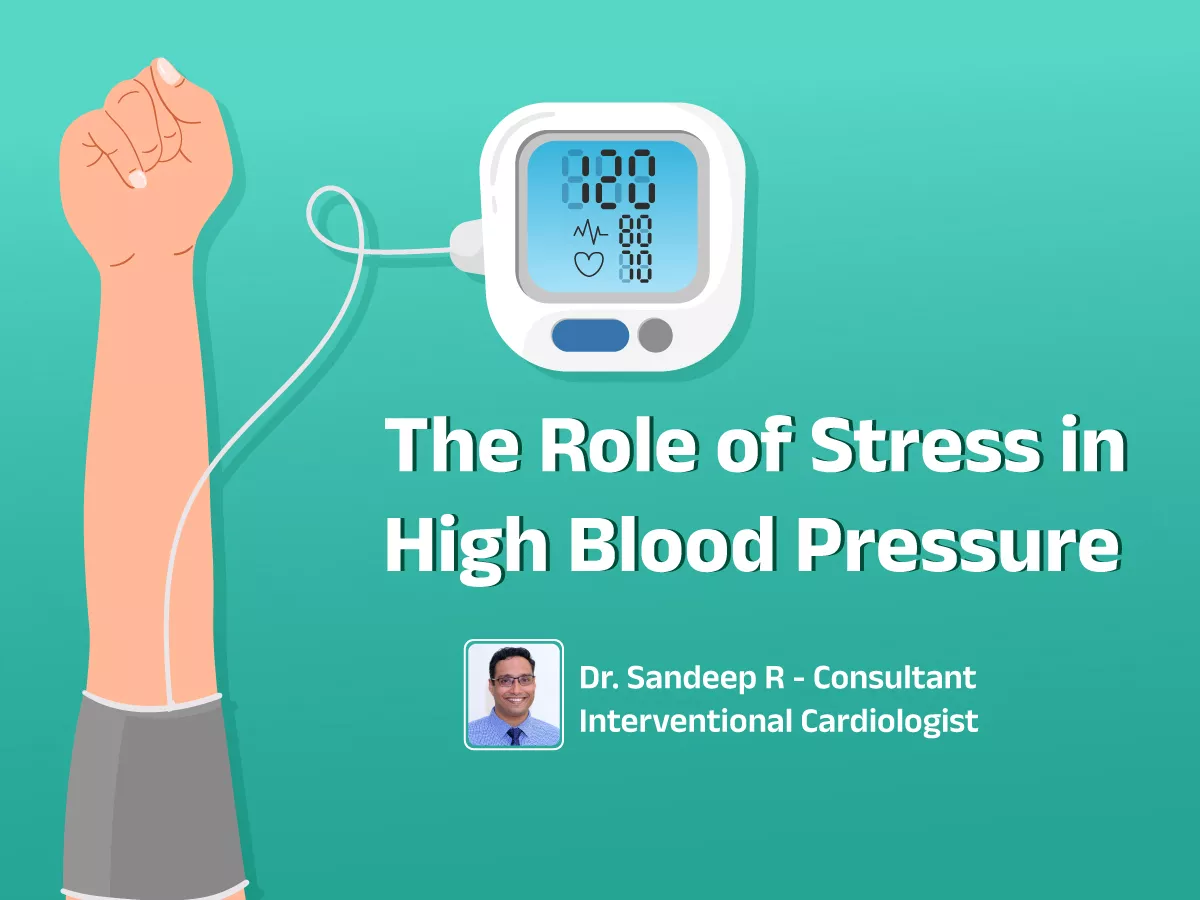Renal denervation therapy is a medical procedure used to treat hypertension (high blood pressure) that does not respond well to medication. It involves the selective destruction or interruption of nerves in the renal arteries, which are the blood vessels that supply the kidneys. These renal nerves are part of the sympathetic nervous system, which plays a major role in regulating blood pressure.
Blogs
The source of trustworthy health and medical information. Through this section, we provide research-based health information, and all that is happening in Aster Hospital.









